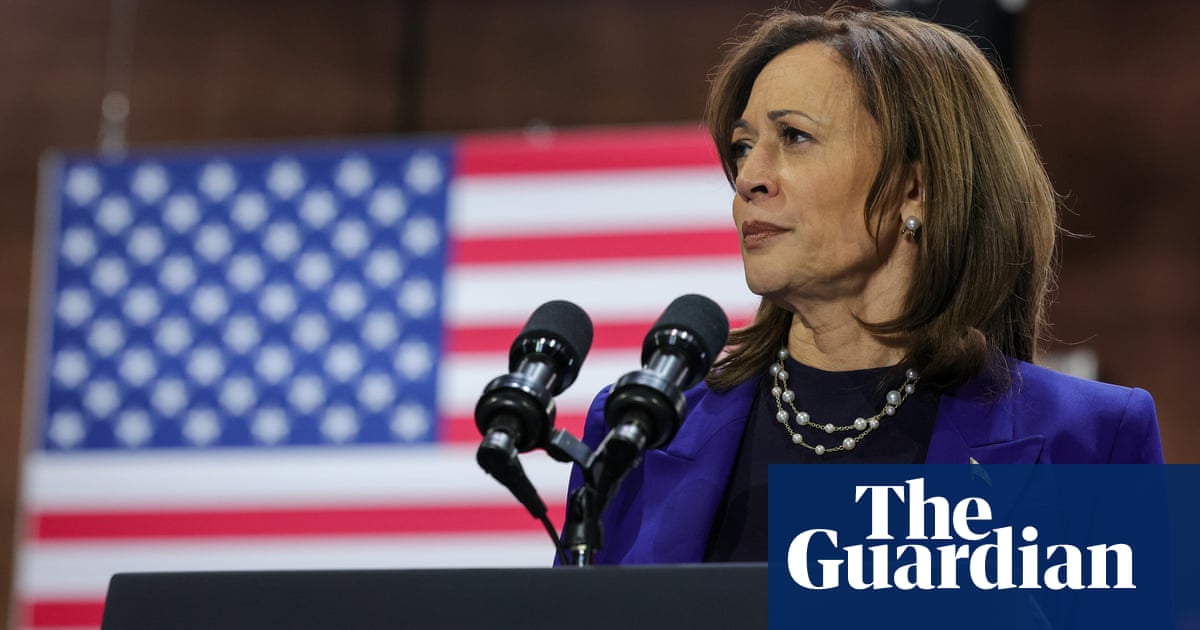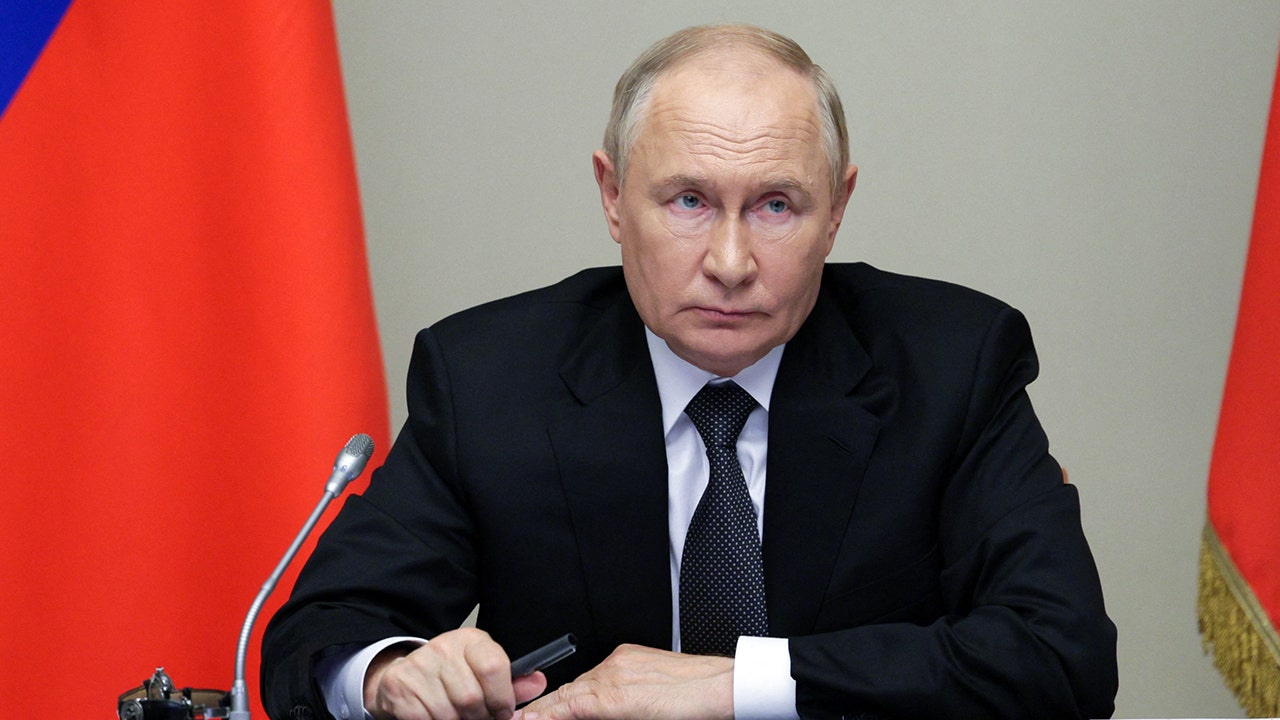Bussiness
Shock US jobs data could not have come at worse time for Kamala Harris

With only four days to go until Tuesday’s presidential election, the poor jobs figures could not have come at a worse time for Kamala Harris.
To be sure, there were special factors that explained why the world’s biggest economy added only 12,000 new jobs in October.
Last month two severe hurricanes – Helene and Milton – hit the US. The temporary lay-offs caused by the disruption led to an estimated 20,000 to 50,000 drop in payrolled employees. Manufacturing employment fell by 46,000 – with most of the drop the result of a strike at the aerospace giant Boeing.
But that will come as little comfort to the Harris camp in a knife-edge race for the White House.
Even allowing for the hurricanes and the Boeing strike, the employment data was weak. The consensus among analysts – who knew in advance about the special factors – was for jobs growth to ease from September’s 254,000 to 113,000 in October.
Bradley Saunders, from the consultancy Capital Economics, said: “All things considered, we suspect the upper limit for the disruptions hit was around 90,000, which means stripping them out, payrolls would only have increased by an underwhelming 102,000.”
Jobs growth for August and September was revised down by a combined 112,000 across the two months. That suggests demand for labour has eased at a crucial time.
Those with long enough memories will recall something similar happening in the UK during the 1970 election, when the mood in the last few days of the campaign was affected by poor monthly trade figures.
As with the US payrolls data, there were reasons why Britain’s trade deficit suddenly widened – the arrival in the UK of two of Boeing’s new jumbo jets pushed up the value of imports.
after newsletter promotion
The Conservatives seized on the data as evidence of an underperforming economy and won an election most polls had showed them on course to lose. Poor trade figures made voters question Labour’s message: that the economy was back on course after the devaluation of the pound in 1967.
Harris can now expect Donald Trump to weaponise the jobs figures in the last few days of campaigning. Despite being by far the best-performing G7 economy since the pandemic, many American voters feel worse off as a result of increases in the cost of living. Special factors or not, the weak jobs figures will do nothing to counter that impression.







